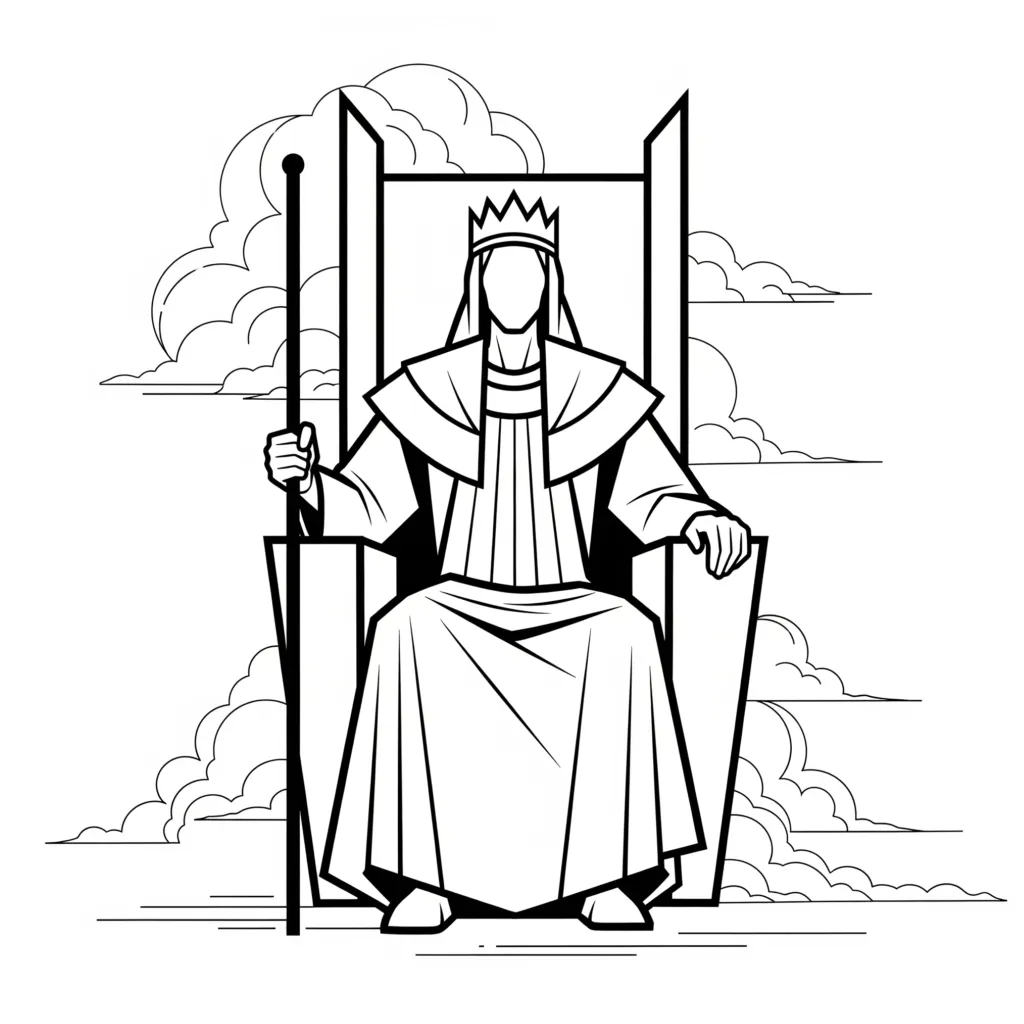
“If you do well, will you not be lifted up?” — Genesis 4:7
The early chapters of Genesis are not about two brothers in a field. They’re about you — about what you offer yourself in imagination from moment to moment. One state of mind is Abel: steady, trusting and assumptive. The other is Cain: resentful, doubtful and self-pitying — convinced life is unfair and that others have what he lacks. Cain’s problem is that he does not understand the law.
What law? That your inner assumptions shape your experience.
In Genesis 4:6–7, Cain is cast down because his offering is not accepted. The text gives the key: “If you do well, will you not be lifted up?” In plain terms: if you assume rightly — if your inner stance is one of confidence and faith — you will rise. It is not the world punishing Cain. It is Cain refusing to change his inner position.
Anger, jealousy and self-pity are signs that you are still offering the wrong thing — that you are reacting to appearances instead of directing them. These conditions arise from believing the outer world has power over you instead of recognising that creative power as your own imagination.
This is not about pleasing a distant God. It is about recognising that your imagination is God — the creative power within you.
To praise is not to flatter an external being. Praise means to lift up — to raise your assumption of self. It means stopping the mental habits of defeat, complaint or blame and choosing instead to identify with who you want to be — to cleave to your chosen state.
Blessed be the name of the LORD
from this time forth and forevermore!
From the rising of the sun to its setting,
the name of the LORD is to be praised! — Psalm 113:2-3
The name of the Lord is your own I AM — your awareness of being. To live from the “I AM” is to live from assumed identity.
“For this cause will a man leave his father and his mother and be joined to his wife…” — Genesis 2:24
The “father and mother” are the mental and emotional patterns you were raised with — the old ways of thinking and reacting that shaped your early identity. To leave them is to let go of those inherited assumptions and cleave to your desired state — your new sense of being. That act is praise: you lift your inner conversation and direct it toward who you choose to be.
Neville instructed: “Assume the feeling of the wish fulfilled.” Many in the Cain-condition assume the opposite — rejection, lack or injustice. They do not realise this is the actual “offering.” What is offered is the state of mind. And the state always determines the outcome.
“And if you do not do well, sin is waiting at the door, desiring you…” — Genesis 4:7
Here, sin does not mean moral failure. It means missing the mark — missing the right assumption. When you imagine poorly of yourself, you offer a low state, and that state rules until you choose differently.
Praise, then, is not performance. It is the simple act of returning to your chosen identity — lifting your sense of “I AM” from complaint to creation. When you stop identifying with the Cain-state and start living from the awareness of your desired self, you are praising.
When the Bible speaks of the house of Judah, read it as describing the condition of praise and raised assumption. Judah — whose name means praise — symbolises the state in which your assumptions are elevated and directed. To be of the house of Judah, then, is to occupy the mental condition of praise: an assumed, expectant identity that shapes what you see.
"Praise the LORD!
I will give thanks to the LORD with my whole heart,
in the company of the upright, in the congregation."
— Psalm 111:1 The ‘congregation’ and ‘company’ symbolise the different aspects of your own mind. The ‘whole heart’ means your full, undivided focus on the state you have chosen.
About The Author | Genesis 2:24 Series | Genesis 4:7 Series | Judah Series | Praise Series | The Four: Fathers of the Law
